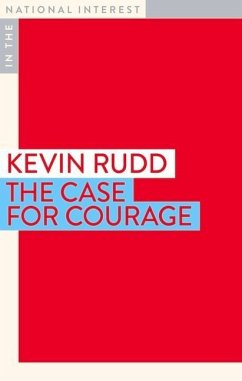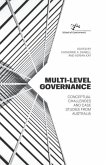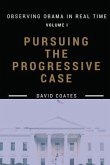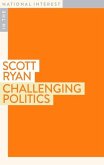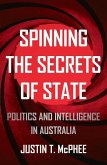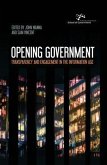For some time, Australia's democracy has been slowly sliding into disrepair. The nation's major policy challenges go unaddressed, our economic future is uncertain and political corruption is becoming normalised. It's tempting, but distracting, to point to the usual list of reasons, from the declining calibre of the political class to the growing polarisation of politics. But we can't understand the current predicament of our democracy without recognising the central role of Murdoch's national media monopoly. In Queensland, where national elections are determined, he owns thirteen of the state's fourteen newspapers. All his papers are loss-making and retained for political influence only; nationally, they act as a Liberal Party protection racket, providing zero accountability on Coalition corruption and incompetence. Together with the Liberal Party, the Murdoch media cultivates a climate of national anxiety, fear and anger through relentless campaigns on deficit, debt and the threat to Australia from ever-changing but always nefarious foreign interests. Their goal is an anxious Australia, reinforced by the latest campaign applications of political neuroscience, permanently predisposing the electorate towards the reassurance of having conservatives in power. For these reasons, there is no longer a level playing field in Australian politics. We won't see another progressive government in Canberra until we deal with this cancer in our democracy. Three more things must change for Labor to be returned to office. Labor must significantly broaden its political base; demolish the entire rationale for the conservative political project now that the Liberal Party has abandoned its position on debt, deficit and government intervention in the economy; and put forward a clear plan dealing with the challenges ahead: recurring pandemics; demographic decline; technological disruption undermining economic competitiveness and employment; the rise of China; and the continued economic and environmental devastations of climate change. All four tasks are essential. All four will require great political courage to bring about fundamental change. And now is the time for women and men of courage to act.--
Hinweis: Dieser Artikel kann nur an eine deutsche Lieferadresse ausgeliefert werden.
Hinweis: Dieser Artikel kann nur an eine deutsche Lieferadresse ausgeliefert werden.

